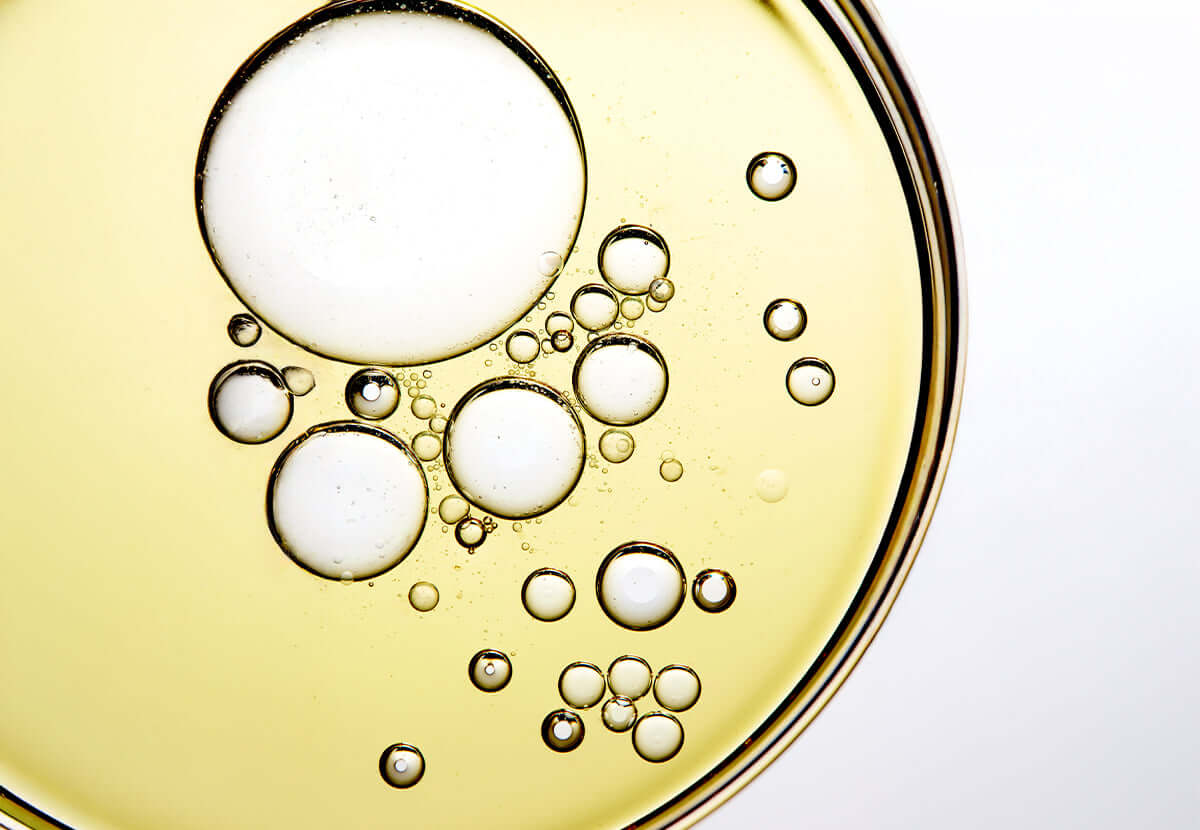
Why Jojoba Oil is the Closest Match to Your Skin’s Natural Oils
What Is Jojoba Oil?
Despite the name, jojoba oil is actually a liquid wax ester - not a true oil. What makes it magical? Its structure mimics human sebum, the natural oil your skin produces. That means it’s instantly recognized and absorbed, making it one of the most skin-compatible ingredients in the world.
It comes from the seeds of the Simmondsia chinensis plant, a desert shrub native to Arizona, Mexico, and California. Its chemical stability, long shelf life, and soothing properties make it ideal for everything from moisturizers to face oils.
Key Benefits of Jojoba Oil for Skin
1. Moisturizes Without Clogging Pores
Jojoba is non-comedogenic, meaning it hydrates while keeping pores clear. Perfect for both dry and acne-prone skin.
2. Helps Regulate Oil Production
Because it’s so similar to natural sebum, jojoba can “trick” your skin into producing less oil, reducing the greasy feel without over-drying.
3. Soothes Irritation
Jojoba contains vitamin E, B-complex vitamins, and natural antioxidants, making it effective for calming redness, flaking, or eczema-prone skin.
4. Heals and Repairs Skin Barrier
Rich in wax esters, jojoba helps rebuild the lipid layer, supporting recovery from sun damage, over-exfoliation, or harsh products.
5. Fights Acne and Bacterial Growth
With antibacterial and anti-inflammatory properties, jojoba keeps skin clean, balanced, and less reactive.
Jojoba Oil vs. Other Oils: What Makes It Special?
| Oil Type | Texture | Pore-Clogging Risk | Suitability for Sensitive Skin |
|---|---|---|---|
| Coconut Oil | Thick | High | Not ideal |
| Olive Oil | Heavy | Medium | Sometimes reactive |
| Argan Oil | Medium-light | Low | Good for dry skin |
| Jojoba Oil | Lightweight | Very Low (0-1) | Excellent for all skin types |
Who Should Use Jojoba Oil?
Ideal for:
-
Oily or combination skin types
-
Acne-prone skin
-
Sensitive or reactive skin
-
Dehydrated skin with a weak barrier
-
Mature skin needing softness without heaviness
Willingly’s Almond Glow Oil blends cold-pressed sweet almond oil, jojoba oil, and seabuckthorn for a deeply nourishing facial massage oil - but never greasy.
How to Use Jojoba Oil in Skincare
✔️ As a Moisturizer Booster
Add a few drops to your daily moisturizer or serum to seal in hydration.
✔️ As a Nighttime Facial Oil
Apply 2–3 drops on damp skin at night. Wake up to calmer, softer skin.
✔️ As a Barrier-Repair Step
Layer it after active ingredients like niacinamide or hyaluronic acid to reduce irritation.
✔️ As a Makeup Remover
Jojoba oil gently dissolves makeup and sunscreen while maintaining your skin's moisture barrier.
Quick Tips
-
Use 1-2 drops for oily skin, and 3-4 drops for dry skin.
-
Works well in both AM and PM routines.
-
Safe to use around eyes and lips.
-
Can be mixed with clay masks or creams for extra nourishment.
Pairs Well With:
-
Niacinamide: Balances oil production + boosts barrier
-
Ceramides: Locks in skin’s hydration
-
Turmeric + Licorice Root: Helps with pigmentation when used together
-
Hyaluronic Acid: Hydrates deeply while jojoba seals the deal
Where You’ll Find It in Willingly
Almond Glow Oil - A blend of sweet almond oil, jojoba, sea buckthorn & squalane.
Use for facial massage, barrier repair, or pre-bedtime glow.
Label clearly reads: For external use only - because purity matters.
Bare Balance Cleanser - Our barrier-repair creamy cleanser for dry or sensitive skin.
Infused with jojoba oil, ceramides, niacinamide, and chamomile to gently cleanse without stripping.
Leaves skin soft, soothed, and naturally nourished after every wash.
Why Jojoba Oil Deserves a Place in Your Routine
Because your skin already knows it.
You don’t need to fight your skin - just listen to it, and feed it what feels familiar, safe, and restoring.
Final Thought
In a world of trendy actives and 10-step routines, Jojoba Oil is your quiet, effective ally. It doesn’t demand attention. It just delivers.
Let skin be - hydrated, balanced, and naturally glowing.







